The R&D Community on the Professional Development of Teacher Educators (PDTE) was established in 2004 during the conference in Agrigento, Sicily.
During the 2023 Budapest conference our community has identified the mission for the next 20 years: promote and support the professional development of the professional figure “teacher educator” as a key figure in the development of the educational sector.
… who will teach the teachers?
To provide constant inputs and resources for the professional development of teacher educators
To become a permanent observatory on the role of teacher educator in Europe and beyond.
THE LAB – Members, following a participatory model, are building an open and dynamic repository of resources for the professional development of teacher educators
RESEARCH – We undertook an exploratory research to identify research questions to provide evidence and answers to the needs and expectations of teacher educators
COMMUNITY – We meet, discuss, share our findings; we are present where stakeholders discuss about education and we bring there the voice of teacher educators.
PUBLICATIONS – We edit books and write research papers
May 29th – June 1st, 2024 – See you in Bergamo!
New student-teacher stories and activities for professional learning: the FLiTE platform
Our RDC members, Dr Miranda Timmerman and Dr Elizabeth White, have prepared some new Open Access resources for teacher educators’ professional learning and development. There are activities using stories student-teachers shared when they were asked to reflect on linking theory and practice. Each story has some activities that can be used individually or in a workshop with other teacher educators in a partnership to help develop understanding across partnerships and new perspectives and insights that can move thinking and practice forward.
1st december 2023 – LLLWeek 2023. Our RDC is present with a workshop on “Method ad resources for professional development of teacher educators” – During the workshop we will share the elements that determine the competency profile of the professional figure of teacher educators (TE) as a fundamental role to support and for the development of the educational system in our era full of great changes and challenges.
Organized by chairs of the RDC – Angela Maria Sugliano and Onur Ergunay with the partecipation of Mr. Brando Benifei, co-rapporteur of the European Parliament’s Artificial Intelligence Act
METHODS AND RESOURCES FOR PROFESSIONAL DEVELOPMENT OF TEACHER EDUCATORS
What is professional development?
It is the process that allows you to reach an increasingly higher level of professionalism. How to identify the different steps of the “level” of professionalism? To this end it is useful to have standards against which to evaluate your performance:
What can concretely can do teacher educators for their professional development?
| Methods | Resources |
| 👉Listen to teachers’ needs, guide teachers |
|
| 👉Formal, non formal education |
|
| 👉Be active in professional communities |
|
| 👉 Do research |
|
2022: what agenda for our rdc?
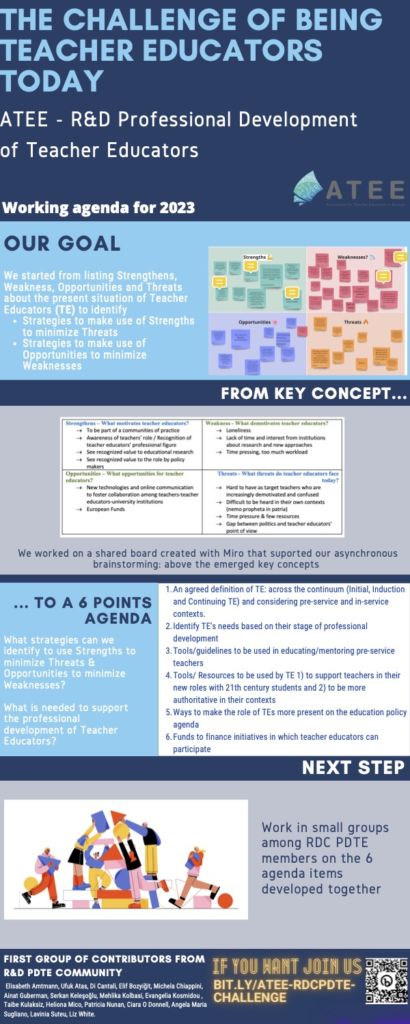 We started from listing Strengthens, Weakness, Opportunities and Threats about the present situation of Teacher Educators (TE) to identify:
We started from listing Strengthens, Weakness, Opportunities and Threats about the present situation of Teacher Educators (TE) to identify:
- Strategies to make use of Strengths to minimize Threats
- Strategies to make use of Opportunities to minimize Weaknesses
Our Strength / Opportunity is to be a community of expert that can work together to try to overcome Threats and Weakness that are mainly these: loneliness (teacher educators who hardly have the opportunity to have a community as us) lack of interest from institutions about their role, difficulties to be heard in their own contexts; time pressure and few resources.
We wrote down a 6 points Agenda for our RDC. We’ll work together to:
- Write an agreed definition of TE: across the continuum (Initial, Induction and Continuing TE) and considering pre-service and in-service contexts.
- Identify TE’s needs based on their stage of professional development
- Tools/guidelines to be used in educating/mentoring pre-service teachers
- Tools/ Resources to be used by TE:
-
- to support teachers in their new roles with 21th century students and
- to be more authoritative in their contexts
-
- Ways to make the role of TEs more present on the education policy agenda
- Funds to finance initiatives in which teacher educators can
participate
2023 – the lab: towards a jointly funded project
According with our agenda we’ve started to collect elements useful to overcome weakness and threats for teacher educators.
Step 1 – Exploratory interviews: with an ethnographic approach we are sharing among RDC members: 1) our knowledge about standards that describe the professional figure of TE, 2) resources useful for professional development of teacher educators, 2) our point of view on what today are the main needs of teachers.
This exploratory interviews will allow to find a research question, a key concept on which design a joint project
Step 2 – Design a proposal as RDC for a funded project: this will allow us to become more present on the educational policy agenda and to develop concrete ways and opportunities for the professional development of teacher educators and to increase their awareness of importance of their role
Our Group at Budapest conferenece – ATEE Annual conference 2023
It’s the picture of the last day meeting! Greetings to the other members who couldn’t attend!
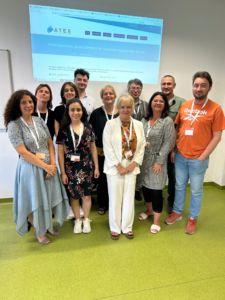
Elevator pitches – our research interests – ATEE Annual conference 2019
At the first PDTE RDC meeting at the ATEE Annual conference 2019 we had a workshop where we prepared our elevator pitches. Imagine:
The elevator takes one minute from the ground floor to the floor where you work. You may be in the elevator with anyone – from the vice chancellor to a visitor to the University. They may say – ‘What are your research interests?’ You need to be able to say very clearly in less than one minute the key points in a way that anyone can understand and appreciate.
We coached each other in pairs and recorded each other. Here are a few of the results! We hope you enjoy watching us.
SPECIAL ISSUE OF THE EJTE ABOUT THE
INDUCTION AND FURTHER PROFESSIONAL DEVELOPMENT OF TEACHER EDUCATORS
The R&D Community has published a Special Issue of the European Journal of Teacher Education. The guest editors, Dr. Jean Murray and Dr. Jenny Harisson, did a terrific job at delivering this special issue of high quality.
The special issue focuses on the induction and further professional development of teacher educators as an occupational group. It notably aims at extending existing research in this area; exploring some of the issues around teacher educators’ learning at various career stages; and providing research-informed starting points which indicate how good quality induction and professional development provision might be framed.
BOOK:
BECOMING A TEACHER EDUCATOR
Becoming a Teacher Educator is an impressive book for teacher educators who want to be aware of the latest views and practices in their field. The book addresses a range of important topics related to the work of teacher educators, their induction and their professional development.
The book focuses on practical aspects but also provides theoretical insights. It highlights valuable experiences and provides practical recommendations. The book is rooted in the Association of Teacher Education in Europe (ATEE), with many chapters being written by its active members. Distinguished researchers and practitioners from different parts of Europe and beyond, joined their efforts to write a book that is truly international and combines research, practice and reflection.
EXPERIENCES OF BEGINNING
TEACHER EDUCATORS
During the 2004 conference in Agrigento, we agreed to undertake a joint project about the induction of teacher educators in their early careers. The results of this project were presented by a member of our group, Corinne van Velzen, at the ATEE 2008 conference in Brussels.
Several other members of the R&D Community joined forces and wrote a paper on the project’s results. This paper discusses the outline and outcomes of an international study regarding the induction (socialization) of new teacher educators in various European countries.
Join us now!
Write to the chairs to find out how to join the community!
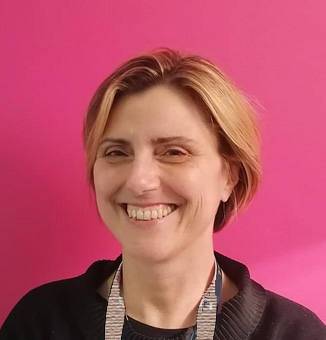
Angela Maria Sugliano
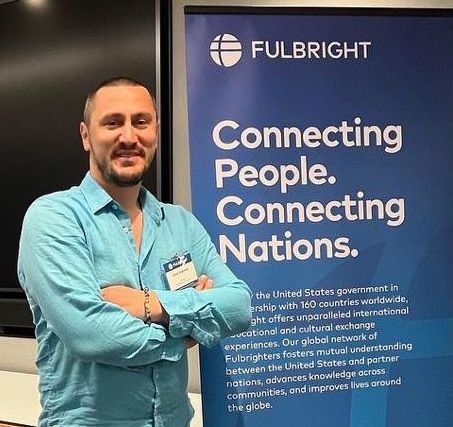
LET’S MEET Members
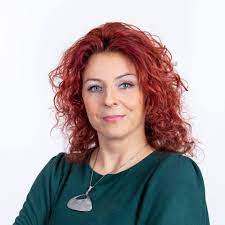 |
Agnieszka Szplit Poland |
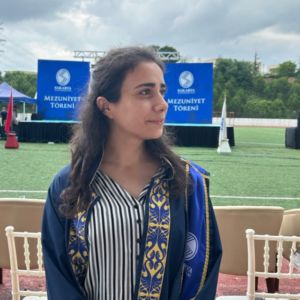 |
Elif Bozyiğit Sakarya University Türkiye |
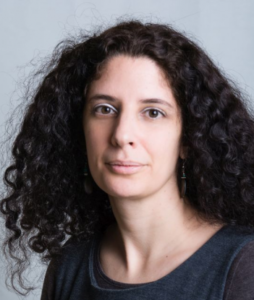 |
Orsolya Kalman – Faculty of Education an psychology – Eotvos Lorand University – Hungary |
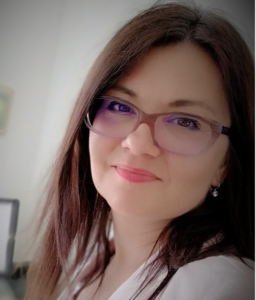 |
Beata Karpinska Musial – University of Gdańsk – Poland |
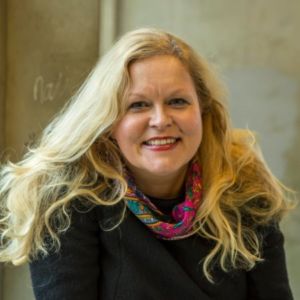 |
Pettra Van Beveren – NOA, Amsterdam – Holland |
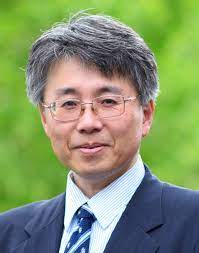 |
Oyanagi Wakio – Faculty of Informatics Department of Informatics – Kansay University – Japan |
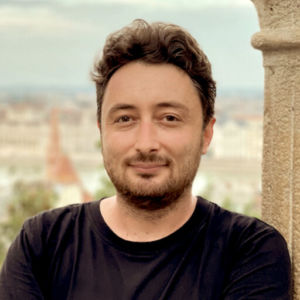 |
Ufuk Ataş – Artvin Çoruh University, Turkey |
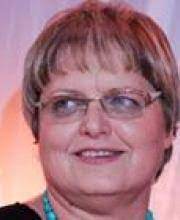 |
Smadar Bar-Tal – The Academic college Levinsky- WIngate – Israel |
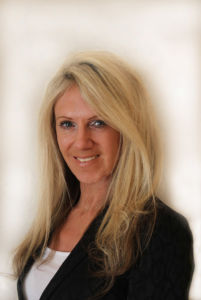 |
Ciara O Donnell – Maynooth University – Ireland |
 |
Mehlika Kolbaşı – Sakarya Üniversitesi – Turkey |
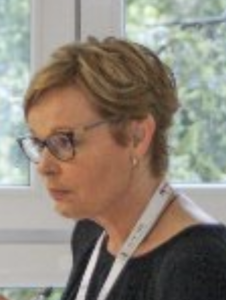 |
Barbara van der Meulen University of the Highlands and Islands – Scotland |
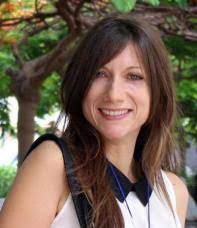 |
Giusy Mangione – INDIRE – Italy |
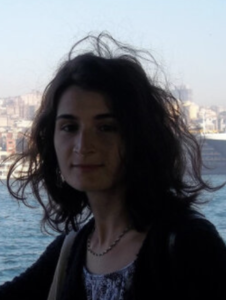 |
Lavinia Denisa Șuteu – Babeș-Bolyai University, Romania |

